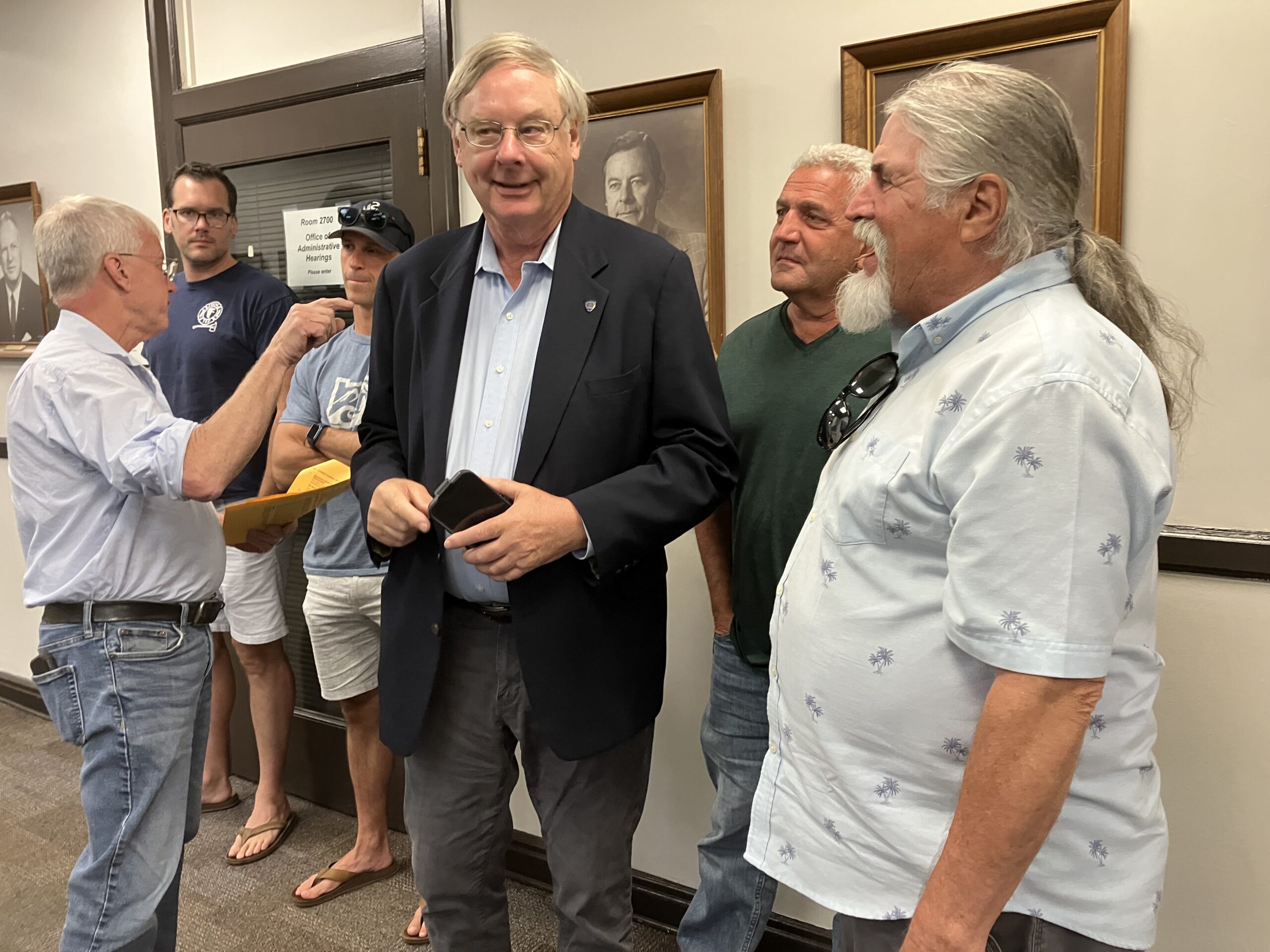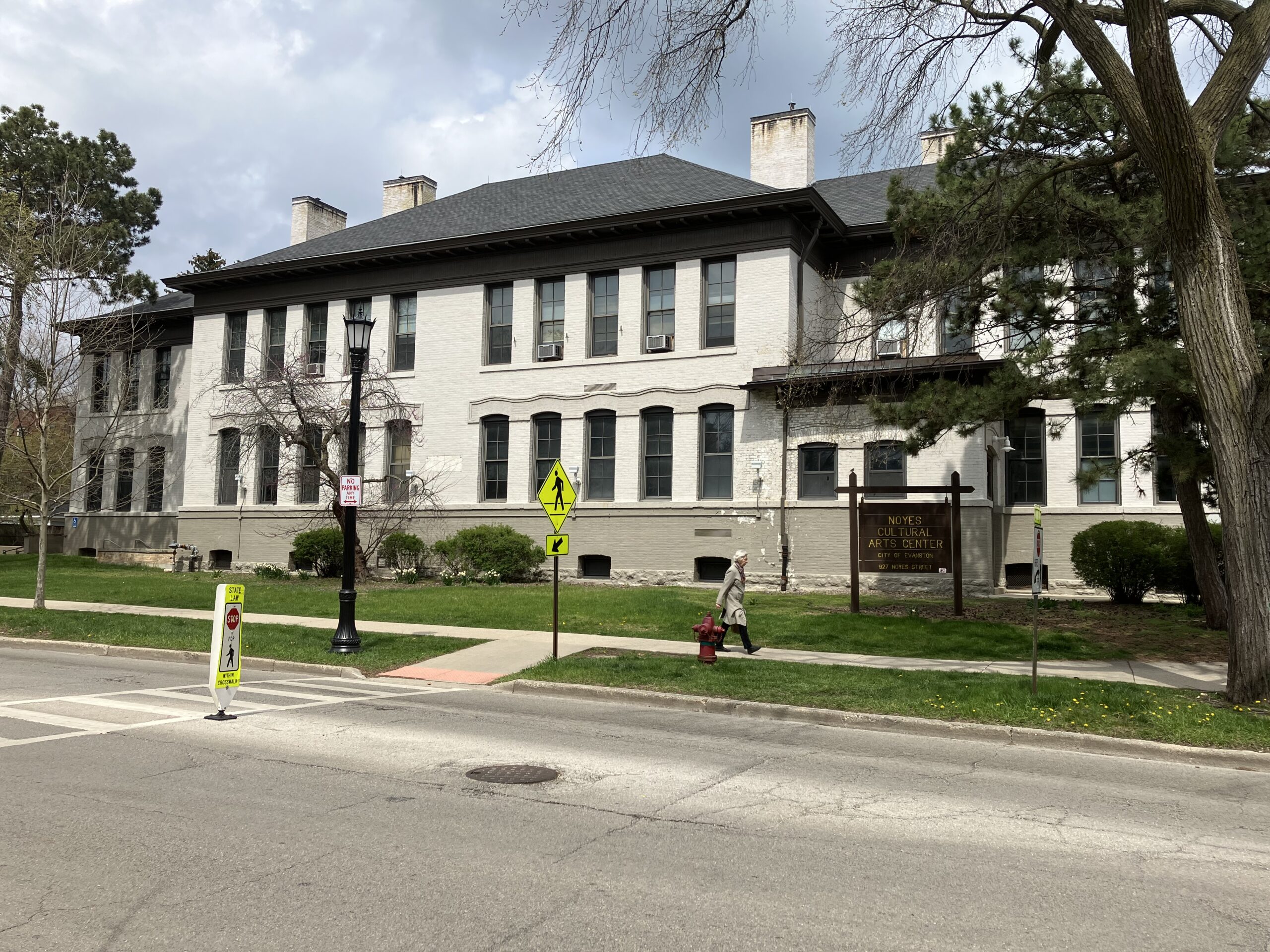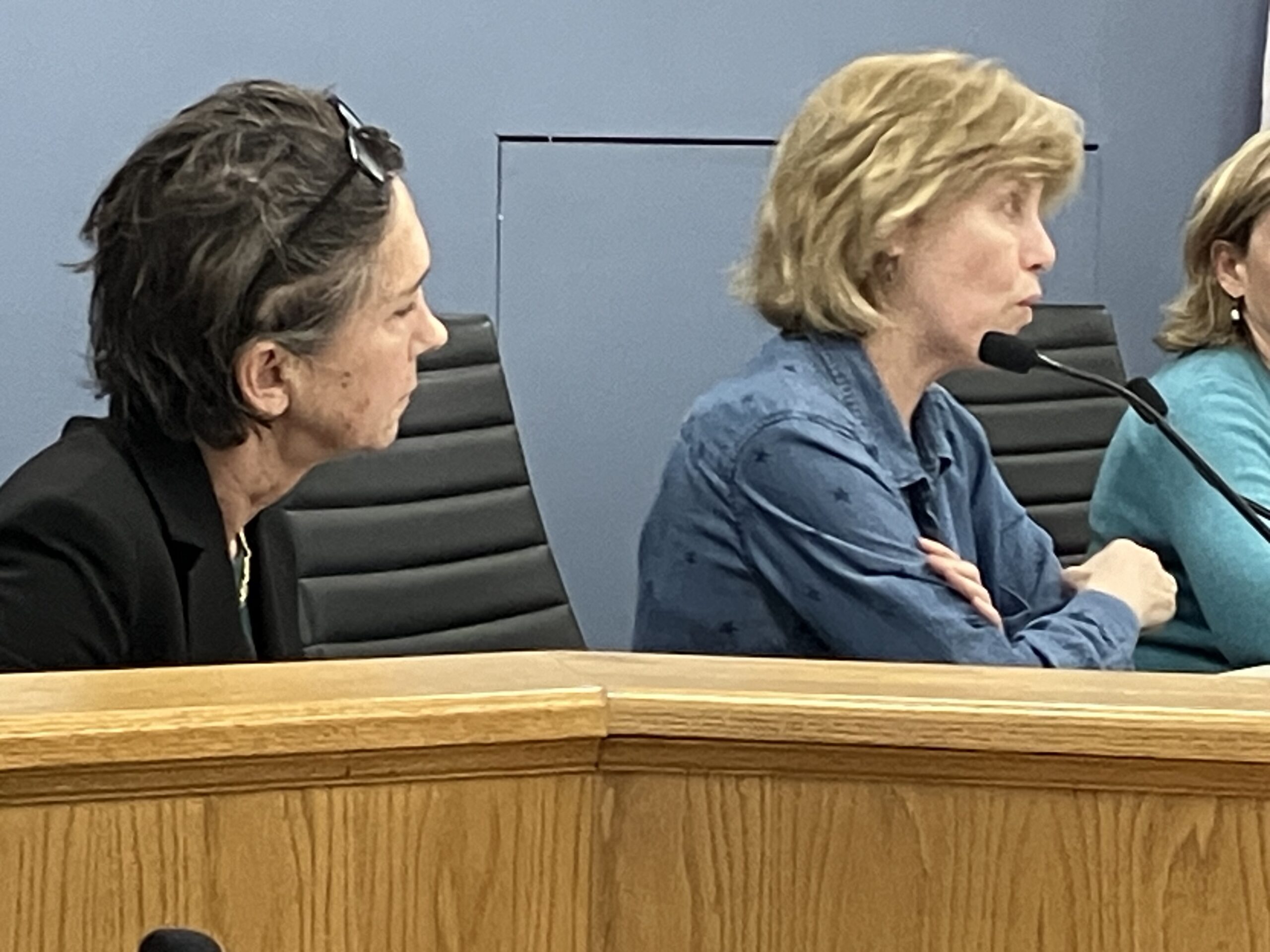By Bob Seidenberg
Evanston’s Public Safety pensions, at one time among the most underfunded in the state, will be placed on a 100% funding track to reach full funding by 2040.
Evanston City Council members on July 24 unanimously passed the resolution, adopting the Pension Funding Policy for Public Safety Pensions. In the past, official contributions to the funds have fluctuated, often as a result of the city’s other budgetary needs. The newly adopted policy commits the city for the first time to 100% meet the 2040 goal, with other spending needs pushed behind its pension pledge.
Vote met by applause
Sitting in the audience, police and firefighter retirees, some of whose service stretched years back, broke into applause with the council’s unanimous vote.
In comments earlier, Jack Mortell, president of the Evanston Firefighters Pension Fund, urged adoption of the resolution, telling council members its approval will be “historic and perhaps a blueprint for other pension funds.”
Mortell – along with Timothy Schoolmaster, the longtime president of the Police Pension Fund, and Dave Ellis, a retired firefighter-paramedic who was among the city’s biggest critics of underfunding in the past – had worked alongside Finance & Budget Committee members, including chair David Livingston and member Shari Reiches to develop the new policy over a six-month stretch.
The pension fund representatives’ efforts actually began during the city’s budget season last year when they teamed up with First Ward City Council Member Clare Kelly, also a member of the committee.
They urged council members not to settle for the 90% funding which the Illinois Municipal League has advocated for its member communities.
The league’s 10% recommendation was “a feel good thing” for the municipalities it represents, Schoolmaster said, “but the 10% off to the side pretends it’s not accruing interest, but it is.”

90% funding ruled out
Following that course would still result in backbreaking interest payments that drove Evanston into a hole in the first place, continued Schoolmaster, who backed up his presentations with graphs and charts that showed the steep rise of interest payments because of underfunding in the past.
The pension policy appended to the resolution at Monday night’s meeting calls for the city to go beyond the state-required 90% funding by 2040, reaching 100% by that date.

Its goal as stated “is to ensure that pension benefits can be paid by adopting a long-term funding plan that systematically eliminates any unfunded liabilities while producing a contribution requirement that is predictable and reflected in the City’s long term financial forecasts.”
Periodic reforecasting with the city’s actuary will “help ensure that the City is on a path to 100% funding by the Full Funding Date, the City shall engage with the Actuary to periodically reforecast the required contributions in accordance with this Policy. The City shall reflect those required contributions into its long-term planning.”
The policy calls “for a clearly defined reporting of pension funding, including an assessment of whether, how and when the City will ensure sufficient assets will be available to pay benefits as promised.”

The sources of the pension contributions could be a pension property tax levy, the maximum allowable Personal Property Replacement Tax or additional unrestricted revenues from the city budget.
Historical quest
“A number of historical factors have resulted in Evanston having a huge unfunded actuarial accrued liability with its public safety pension funds,” said Mortell, a lifelong Evanston resident and retired Evanston Fire Department captain. “I’m not here to rehash how that occurred. I’d rather talk about solutions.
“Prior Evanston councils, mayors and finance directors were never successful with solving the problem of this huge tax burden borne by Evanstonians, and it just kept growing and growing and getting worse every year.”
Others also reflected on reaching the historic moment.
Ellis estimated the plan will end up saving taxpayers $500 million.
“It’s the right thing to do,” he told council members. “It’s going to help, running the city more effectively and transparently; it will not be crisis management.”





